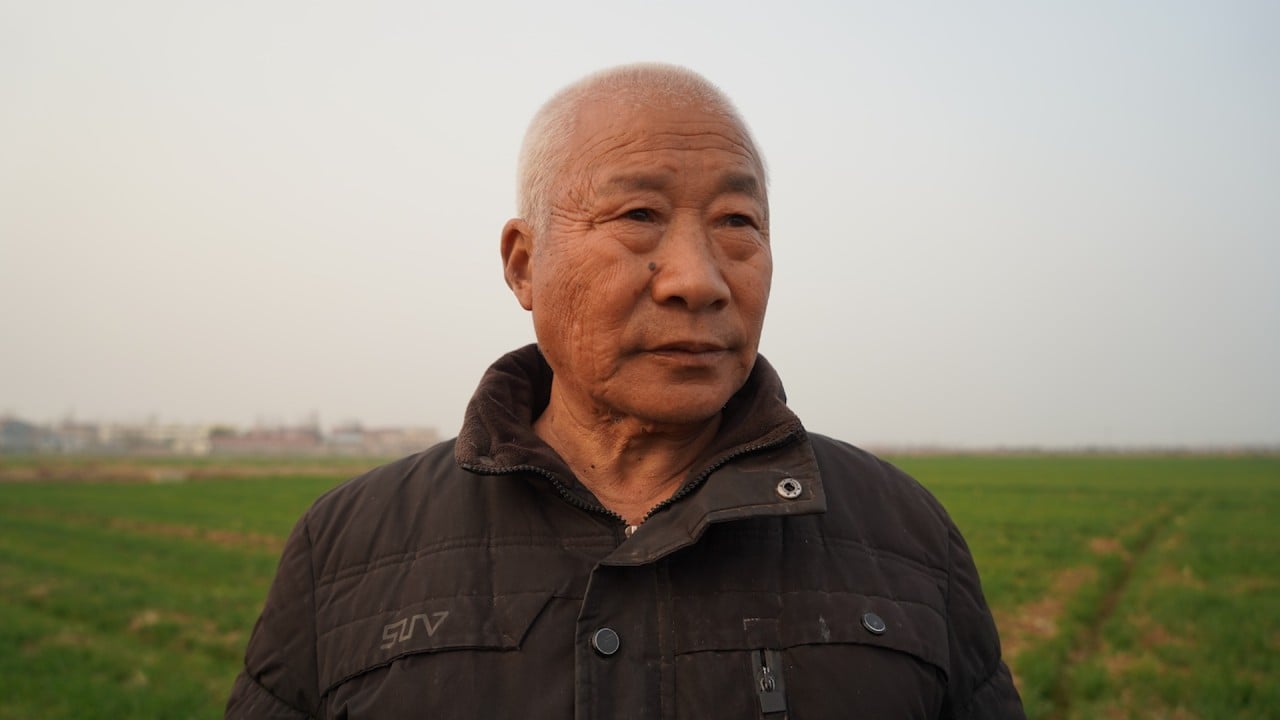
China’s Xi Jinping says Ukraine war has shown the ‘extreme importance’ of food security
- President Xi Jinping has said agriculture is the foundation of national security and that weak links – including low productivity – must be addressed
- China faces increasing pressure to feed its 1.4 billion people and ‘mounting external containment and uncertainty, Xi said in a newly released speech
Chinese President Xi Jinping has said global market turbulence caused by the Ukraine war has shown that agriculture is a “national security issue of extreme importance”, while making a strong call for food self-sufficiency in a newly published speech.
At the annual central rural work conference in December, Xi said agriculture was the foundation of national security and that weak links – including low productivity – must be addressed, according to a full transcript released by the official Qiushi journal on Wednesday.
China faces increasing pressure to feed its 1.4 billion people and “mounting external containment and uncertainty”, he said in his address to officials from agriculture departments.
“Containment from the rest of the world has escalated, and there’s an obvious increase in all kinds of uncertainty and unpredictability.
5 major concerns for China’s food security
“Once something’s wrong with agriculture, our bowls will be held in someone else’s hands and we’ll have to depend on others for food. How can we achieve modernisation in that case?”
Although China proudly feeds a fifth of the global population with only 9 per cent of the world’s arable land, concerns over food security have grown in recent years amid threats from climate change and worsening ties with the United States and its allies – many of which are major agricultural suppliers.
Beijing has adopted a policy of food self-reliance and established a “red line” to maintain the size of arable land. As a result, China has recorded annual grain production of about 660 million tonnes since 2015, and hit record levels in 2021-22 by topping 680 million tonnes.
In his first press conference following the annual “two sessions” on Monday, new Premier Li Qiang encouraged farmers to grow more crops to ensure Chinese “hold their bowls in their own hands”.
“Our support for grain production is only increasing and never decreasing,” he said.
Despite producing the most farm commodities globally, China’s agricultural development is far behind its industrialisation and urbanisation, Xi said in the December speech.
Agricultural productivity is only a quarter of that in non-agricultural sectors, while agricultural commodities “obviously lack competitiveness” in the global market, he said.
Preserving farmland and developing seeds instead of relying on foreign breeders are the top two priorities for China’s food production, Xi said.
If we can reduce the waste by half, that would be enough to feed 190 million people for a year
China must also curb serious waste during the harvest, transport, processing, sale and consumption processes, where over 20 per cent of food is wasted each year, he added.
“If we can reduce the waste by half, that would be enough to feed 190 million people for a year,” he said.
While China remains basically self-reliant for staple foods, namely rice, wheat and corn, it relies heavily on imports for soybeans and other oilseed crops.
Xu Xiaoqing, former head of rural economic research at the Development Research Centre of the State Council, said China must ensure absolute security of staple foods because once there was a problem, the global market would not save the country.
“China also needs strong agriculture because it’s seeing increasing demand for the quantity, quality and diversity of food as the economy grows,” Xu said.
Urban residents’ average income was 2.5 times higher than rural areas, while their expenditure was nearly 1.9 times more, he said.
Ma Wenfeng, a senior analyst at Beijing Orient Agribusiness Consultant, said China is still far from achieving agricultural modernisation, with the sector lagging behind in technology and unable to attract young workers.
“According to my visits to rural areas across the country, there’s not much advanced equipment, and most of those engaging in crop farming are above the age of 60. The younger ones have all left to work in the cities,” he said.
“There’re people and there’s land in rural areas. There can be services and manufacturing there, too. We’re splitting the country if we only have these in cities, aren’t we?”


.JPG?itok=aBbi0npI)
